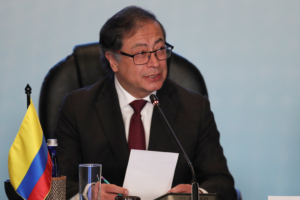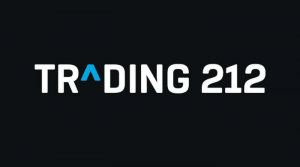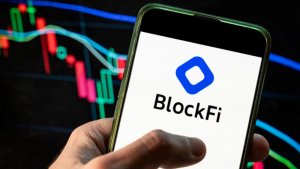Mizuho Bank replies to accusations related to MtGox transaction difficulties
The bank aims to rebuff allegations that USD depositors were “walking into a trap: their money could go into Mt. Gox’s account at Mizuho, but it could never leave.”

Mizuho Bank has sought to rebut fraudulent concealment allegations brought against it former clients of now-defunct Bitcoin exchange MtGox.
Let’s recall that the plaintiffs in the case are trying to certify a “Deposit Class” covering all USD depositors who were allegedly “walking into a trap: their money could go into Mt. Gox’s account at Mizuho [Bank], but it could never leave.” In brief, the plaintiffs allege that Mizuho unilaterally decided no longer to process outbound international wires, and then worked to ensure that transactional difficulties never were attributed to the bank.
On Thursday, February 1, 2018, Mizuho Bank filed a Memorandum in opposition of the plaintiffs’ motion to certify class. In the document, submitted at the Illinois Northern District Court and seen by FinanceFeeds, the bank tries to dismiss the allegations against it.
The bank focuses on the alleged fraudulent concealment claim asserted by plaintiff Anthony Motto on behalf of the proposed “Deposit Class.”
Mizuho Bank notes that during the proposed class period (i.e., June 20, 2013, through February 24, 2014), Mt. Gox was able to transmit fiat currency to its US customers when they requested withdrawals, and Mizuho was not the only bank through which Mt. Gox could do so.
The bank says that during that period, Mt. Gox processed 560 withdrawal requests from Mt. Gox’s U.S. customers through Japan Post Bank and sent those customers more than $26.2 million. For context, Mt. Gox’s U.S. customers deposited only $7.7 million into Mt. Gox’s account at Mizuho during the same period.
The bank notes there is no evidence to support Motto’s claim that Mizuho “prohibited” Mt. Gox from disclosing that any difficulties in withdrawing funds were attributable to Mizuho. According to Mizuho, Mt. Gox communicated freely with its customers about delays and temporary suspensions of cash withdrawals, including announcements of (i) a temporary, two-week suspension of U.S. dollar withdrawals on June 20, 2013, (ii) resumption of U.S. dollar withdrawals on July 4, 2013, with a two-week backlog, and (iii) manual processing of international wire transfers in January 2014 such that withdrawal might take “4 weeks or more depending the amount”.
Mizuho emphasized that there is no evidence that Mt. Gox consulted with Mizuho about these communications or that Mizuho had any control over any of Mt. Gox’s communications with its customers concerning withdrawals.
Mizuho denies that it continued to accept deposits (after it halted withdrawals) in order to continue to collect fees on the deposits. Instead, Mizuho insists that it wanted to halt deposits from Mt. Gox’s customers at the same time it stopped withdrawals but was advised by its counsel that it could not unilaterally terminate deposits.
According to the bank, the members of the proposed class did not, and could not have, suffered any common injury. The record does not support the allegation of a “trap [that] was the same for all class members.” Motto is said to have failed to identify a common question to be decided in this case.
The bank insists that the Court should deny Motto’s motion for class certification in its entirety.
The case is captioned Greene v. MtGox Inc. et al (1:14-cv-01437).









